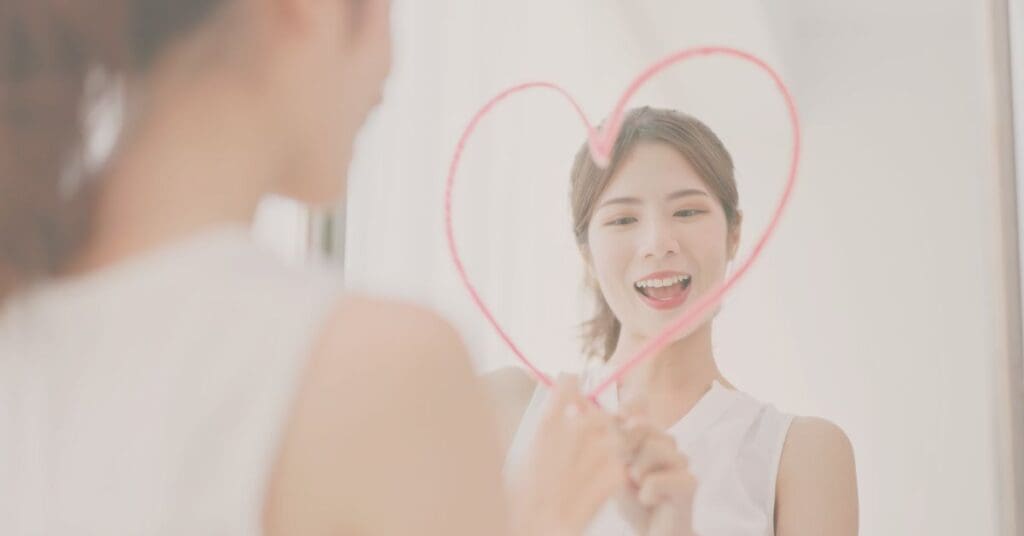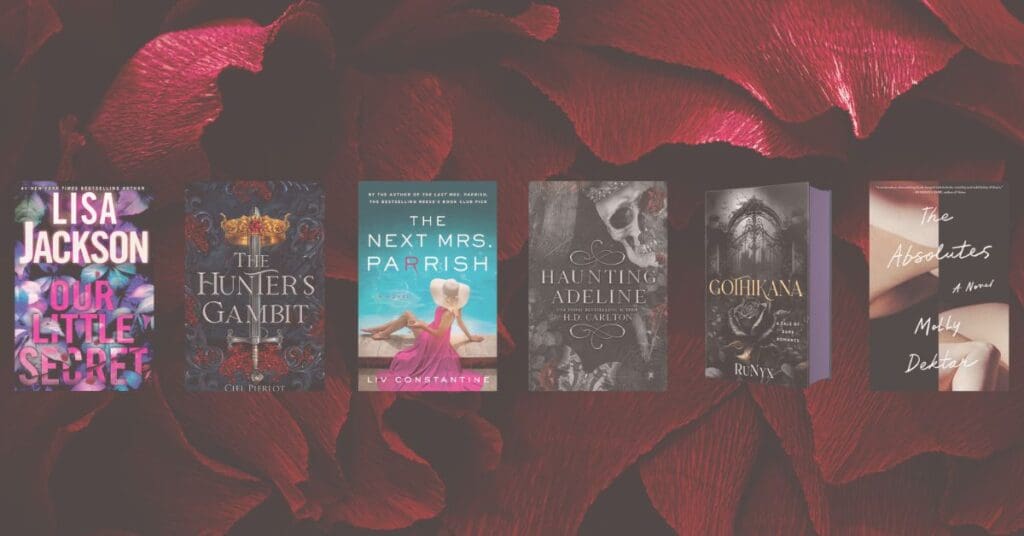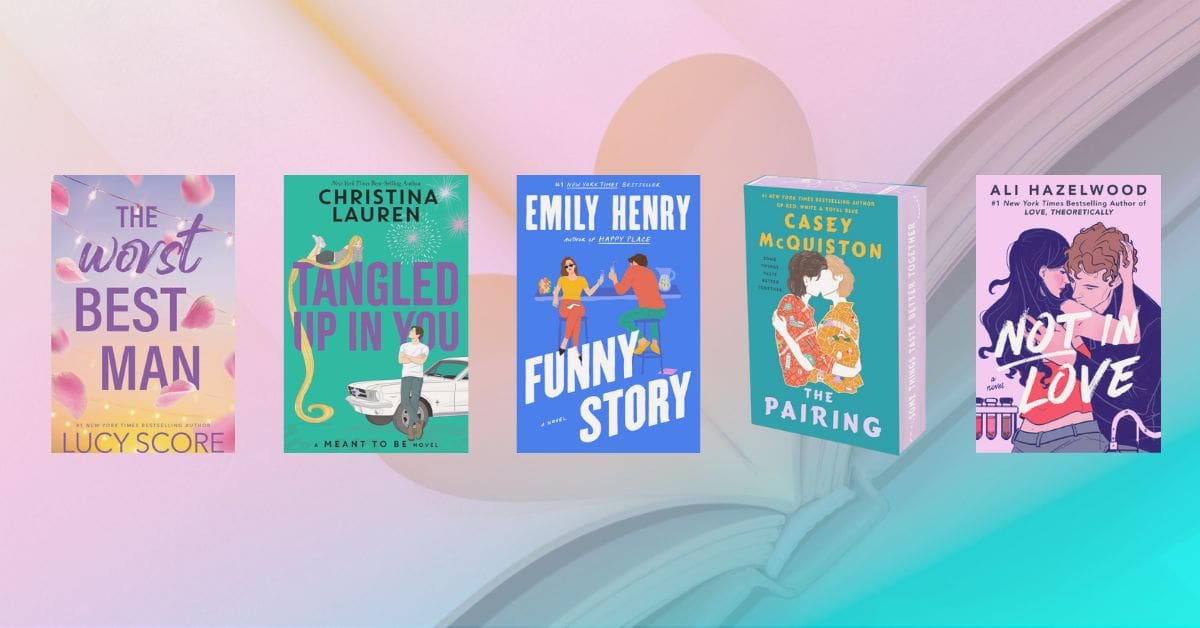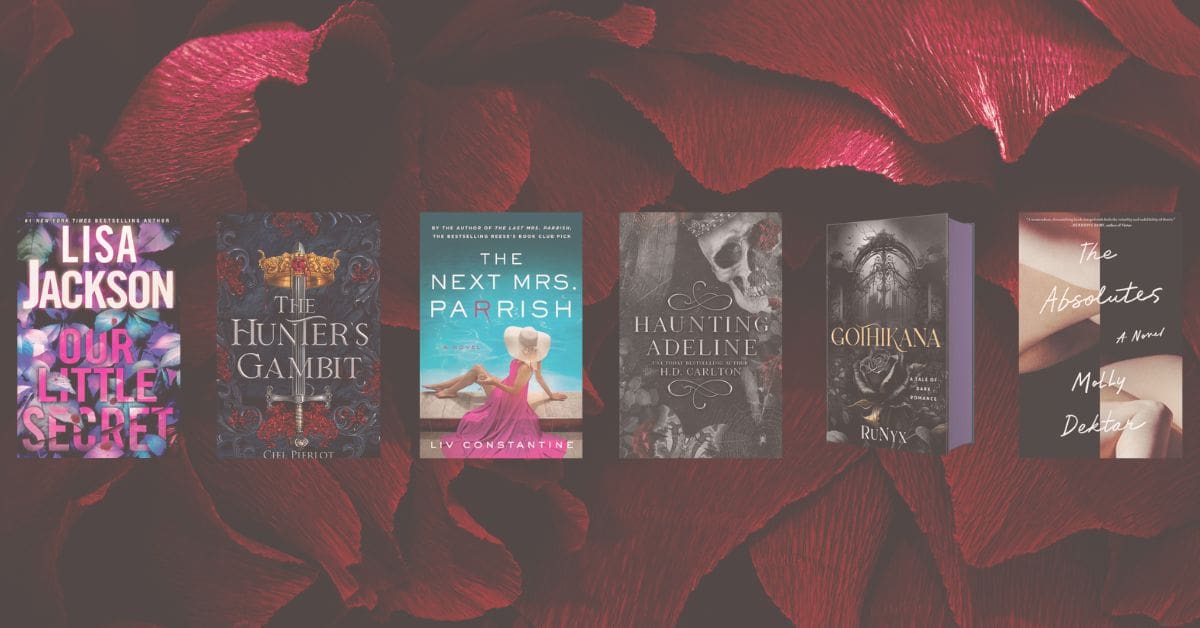Poetry, Rejection, and Self-Worth: What happens when editors don’t like your poetry?
Rejection is the air we breathe as poets. In a way, it fuels our work. And it encourages us to continue moving through the stagnation of self-doubt, laziness, and the fear that we are not enough.
First, we often self-reject. We think: I cannot possibly write about this. I’ve got nothing to say. My poems are empty. I am empty.
I ask you, then, to tell me if you have ever met a poet who was so sure of their work or voice or idea that they simply wrote and wrote — alight on a happy cloud of self-acceptance and total certainty? I think not. To write is to constant reevaluate, reconsider, and revisit the parts of ourselves that need love. That need to be seen.
It is within this uncertainty that we bloom.
Another form of rejection — being rejected for publication by literary journals, awards or by our peers — is just as painful, if not more so. We as humans (and as poets!) put a lot of value into what others think, and in many ways, our system is set up to seek validation and approval from others, which is why there is such a stigma against self-publication. Obviously, this has thick and tangled roots in the snobbery of academia, classism, and capitalism — but that doesn’t mean it doesn’t affect us in the everyday.
So, the next time you send your poems out into the wild and they come up against the great, bleak darkness that takes the form of, “No thank you,” here’s what you should remember about poetry rejection:
Rejection happens to everyone. All the time.
Literally, every poet is rejected. Hundreds of times. That doesn’t make the harsh reality of being rejected easier, but it is a reminder that you’re not alone, and that you’ve likely not done something wrong. In short, don’t give up. Writers talk about the hundreds of rejections they got here, here, and here.
One writer even wrote:
In late 2011, a writer friend was sharing her experiences of having months of uninterrupted writing time at her residencies at the Millay Colony, Ragdale, and Yaddo. I was staggered by her impressive rates of acceptance. You probably have one of those friends, too—you know the one I’m talking about, that friend who is a beautiful writer, but who also seems to win everything? I could barely believe that she had the balls to apply to—let alone, get accepted to—several residencies, a prestigious fellowship, and publications in journals I had actually heard of.
I asked her what her secret was, and she said something that would change my professional life as a writer: “Collect rejections. Set rejection goals. I know someone who shoots for one hundred rejections in a year, because if you work that hard to get so many rejections, you’re sure to get a few acceptances, too.”
Lit Hub
It’s not always your work that is being rejected.
As an editor of a literary journal, I can tell you that there are many reasons a poet or writer’s work is rejected. It could be that space is at a minimum. Perhaps a journal only accepts 10 poems and they’ve hit their quota? Or perhaps it’s just not written in the style the journal likes.
Sometimes your work just isn’t ready yet.
It may seem frustrating to have your work rejected — especially if an editor or literary journal is too busy to provide a reason as to why. Note: Many do not have the bandwidth to do so.
But rejection allows us the time and space to focus on the why. Perhaps the poem is unfinished in some way? Perhaps it feels sloppy, has an error, or is derivative?
While it’s a natural reaction to defend our work, poetry is part occult-part craft. We may conjure all the magic but fail in small ways during our execution. And that’s normal. It takes a healthy willingness to drop the ego and go back into work made. It also takes wisdom to know when you have to. This comes with time and experience. Trust your gut.
Rejection teaches us what we can work on and what we should fight for.
I’ve been rejected for being “too baroque” (I am simply too lush and ornamented for some folks) and for writing poems that are too short and weird. I’m weird! Those aren’t things I can simply change. That’s just my style. I also often write poems without titles. I’m not willing to change my voice or length of poems or add titles when they don’t feel authentic to me simply so a journal will accept my work.
Another journal will accept those poems, but it’s a matter of sending those poems their way. On the flip side, I have been rejected numerous times for a few specific poems, which, in the end, felt rushed and lacked a finesses that they required. I chose to work on the elements that made sense to me without sacrificing my authenticity.
It’s a balancing act: Protect your darlings but also kill your darlings.
Know that publishing is an imperfect, human process.
Rejection — or being declined or hearing we’ll pass or whatever euphemism you’d like— takes many forms. Perhaps one of the core problems is the language we use to describe this process. As Jeff Shotts writes, “Submission,” “rejection,” “acceptance”—our very language for this is utterly problematic, steeped in false authority and religiosity. The publisher is not a priest, the writer not a penitent.”
That said, an editor’s rejection is never a rejection of who you are as a human being. It’s simply a job to be done. It’s hard to separate humanity from the process, and that’s tricky.
You are more than a poetry rejection, and you are even more than a poetry acceptance! Your value, work ethic, imagination, voice, and narrative is valid with or without publication. But it’s just nice when it happens.
Just keep writing. Keep submitting. Keep collecting the rejections. And honor what the process teaches you.













